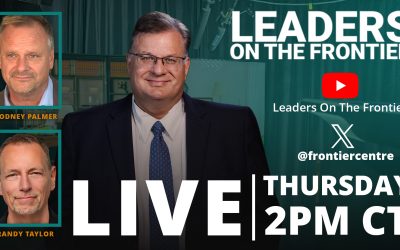Many economists agree that free trade promotes economic growth, reduces poverty and benefits all countries that participate.
The World Trade Organization is supposed to facilitate global trade by helping to reduce and eventually eliminate barriers like tariffs and quotas.
The latest round of talks at the WTO have been going on for more than a decade, and at the same time, Canada and other countries have been working independently to broker their own agreements.
Last fall, Canada signed the Comprehensive Economic Trade Agreement with the European Union.
Now Ottawa is close to finalizing a bilateral trade deal with South Korea.
The government is also working on the Trans Pacific Partnership, an agreement that will include a total of twelve other countries.
If these agreements pan out, it will be three significant deals that our country has negotiated outside the realm of the World Trade Organization.
Ottawa appears to be succeeding in opening our borders to world markets, while the WTO process has stagnated.
These smaller scale agreements are generally easier to achieve thanks to limiting the number of countries and competing interests involved in the negotiations.
Perhaps Canada and our other trading partners are ready to move away from complicated multi-lateral talks when it comes to trade, if the WTO can no longer fulfill its mandate.
I’m Roger Currie. Join us again next week for more thoughts on the Frontier.
For more on trade policy, visit www.fcpp.org.


